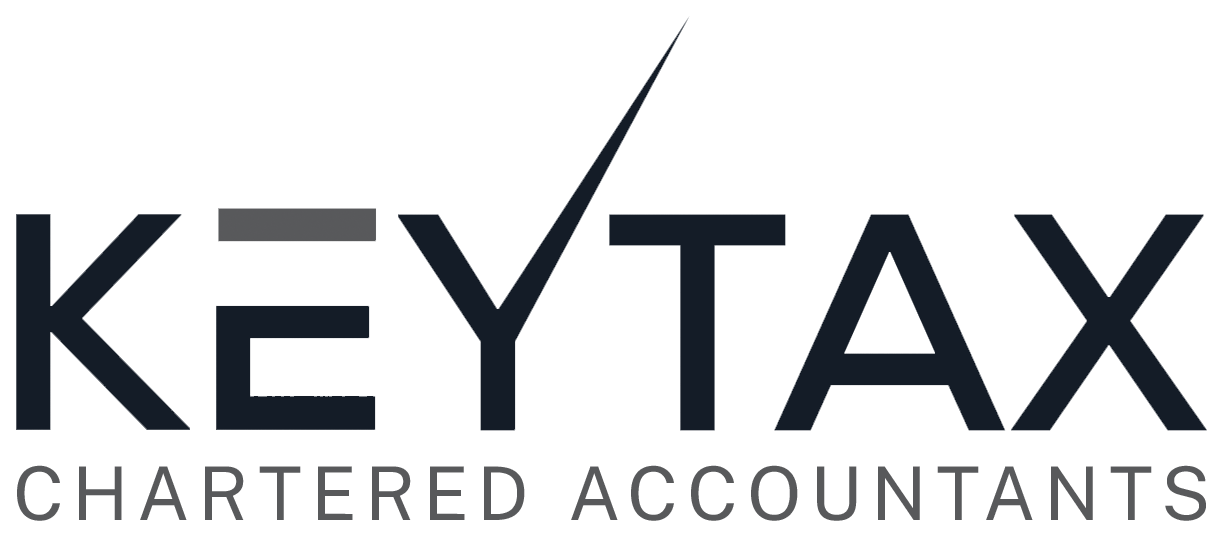The introduction of the 15% Domestic Minimum Top-up Tax (DMTT) by the United Arab Emirates marks a significant shift in the country’s corporate tax framework. Set to take effect from 1 January 2025, this new tax measure directly targets large multinational enterprises (MNEs) operating within the UAE whose consolidated global revenues exceed €750 million.
This development is aligned with the Organisation for Economic Co-operation and Development’s (OECD) Pillar Two initiative—an international agreement that seeks to ensure large multinationals pay a minimum level of tax regardless of where they operate.
Who Is Affected?
The DMTT specifically applies to UAE entities that are part of multinational groups meeting the above revenue threshold. This includes companies operating in diverse sectors such as technology, pharmaceuticals, consumer goods, and logistics, provided they have substantial global footprints.
Entities falling under investment funds, real estate investment vehicles, and some joint ventures may be exempt depending on their structure, but businesses must assess their position carefully to determine exposure.
Key Compliance Considerations
For qualifying entities, compliance with the DMTT introduces a new set of reporting and operational requirements. Companies must:
- Evaluate their global group structure and revenue profile.
- Conduct an effective tax rate assessment to identify whether top-up tax is due.
- Ensure financial and tax reporting systems can generate the necessary data to meet DMTT filing obligations.
- Consider the potential need to restructure group operations or intercompany arrangements to maintain tax efficiency.
Given the complexity of multinational tax frameworks, the implementation timeline is tight. It is therefore crucial that affected businesses begin preparations as early as possible.
Strategic and Financial Implications
For many businesses, the DMTT will mean reassessing the UAE’s traditional attractiveness as a low-tax jurisdiction. Although the UAE remains highly competitive compared to other regions, the minimum tax removes some of the arbitrage benefits previously enjoyed by multinationals with operations in tax-favourable locations.
Firms may also need to evaluate their global transfer pricing strategies and intercompany transactions, as these will now be under greater scrutiny to ensure they reflect genuine commercial activity and appropriate allocation of profits.
Wider Impact on the UAE Economy
While this policy may present challenges for some businesses, it also represents the UAE’s commitment to global tax reform and transparent governance. In the long term, this move could enhance the country’s reputation for fiscal responsibility and international cooperation, ultimately attracting more sustainable and compliant foreign investment.
Conclusion
The introduction of the DMTT is a landmark moment in the UAE’s tax evolution. Multinational companies must now prepare to meet new compliance requirements while adjusting their financial strategies accordingly. Early preparation and professional guidance will be essential to navigate this transition smoothly.


